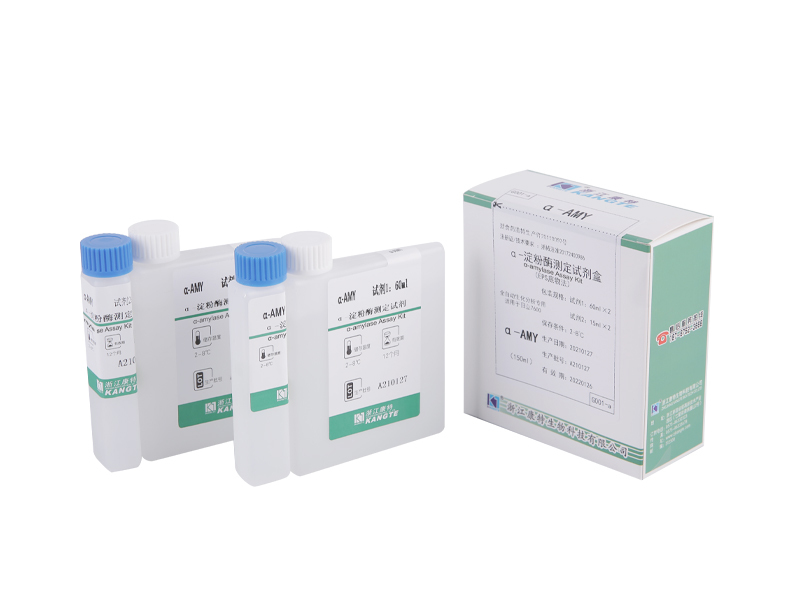Let us create a wonderful future together!
Clinical reagent kits are used in a laboratory or at the point of care for a range of applications. These include molecular diagnostics, biomarkers, clinical chemistry, test strips, and illicit drug testing.
The supply shortage of RNA extraction reagents is impacting labs’ ability to prepare samples for testing. This is leading to delays in test results, which are critical in the fight against the coronavirus epidemic.
Infectious Diseases
Infectious diseases are caused by microorganisms such as viruses, bacteria, fungi or parasites that can be found on a person's skin or in their body. These organisms can cause a variety of illnesses and symptoms that range from mild to severe.
In some cases, infections can be life-threatening. These diseases are often passed from person to person through coughing and sneezing, or through contact with bodily fluids.
Clinical Reagent Assay kits are used in the diagnosis of infectious diseases. They contain reagents that perform various in vitro tests for detection of a wide range of infectious pathogens.
Infectious diseases are a major cause of death and disease worldwide. Some of the most common infectious diseases include HIV, hepatitis B and tuberculosis. These diseases can cause complications such as cirrhosis of the liver and liver cancer.
Cardiovascular Diseases
Cardiovascular diseases, which include coronary heart disease (CHD), cerebrovascular disease and rheumatic heart disease, are the world's leading cause of death. They take an estimated 17.9 million lives annually.
These diseases affect the heart and blood vessels throughout the body. They can lead to stroke, high blood pressure, kidney disease, and other disorders.
These diseases are treatable with medical treatments, healthy lifestyle choices and other interventions. Early diagnosis and treatment of these conditions can also help patients live longer, healthier lives.
Tumor Markers
Tumor markers are substances that cancer cells make in higher-than-normal amounts or are made by healthy cells in response to a tumor. They can be found in blood or tissue samples.
Some are proteins that are made by the cancer, and others are changes in the genes or other parts of the cancer cell.
In general, tumor markers help doctors track how a patient’s cancer is responding to treatment or monitor it after surgery. They can also be used to see if the cancer has spread (metastasized) to other parts of the body.
Most tumor marker tests are not used to diagnose cancer, but they can provide clues to what is going on and what kind of treatment might be effective. For example, the hormone receptors ER and PR are often tested for early-stage breast cancer. If the test is positive, that means the doctor knows the woman is more likely to respond well to hormonal therapy.
Blood Sugar
Blood sugar, or glucose, is the main metabolic product of the body and can be measured with Clinical Reagent Assay kits. They include test strips that change color and can be read by eye.
A drop of capillary blood can be obtained by skin puncture using a single-use auto-disabling lancet. This method is less painful than venipuncture and provides point-of-care testing for self-management of diabetes mellitus.
The reagent strip is then applied to a reflectance meter, which estimates the concentration of glucose in the blood. Some meters also store results and insulin doses for later graphic printing.
Glucose is one of the most widely used tests of blood chemistry. Although it is easy to measure, accurate results require knowledge of the testing procedure and proper interpretation.





